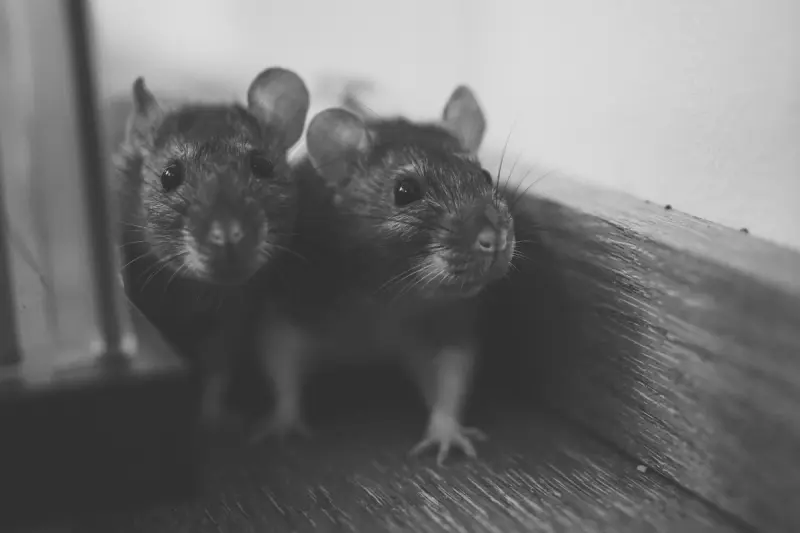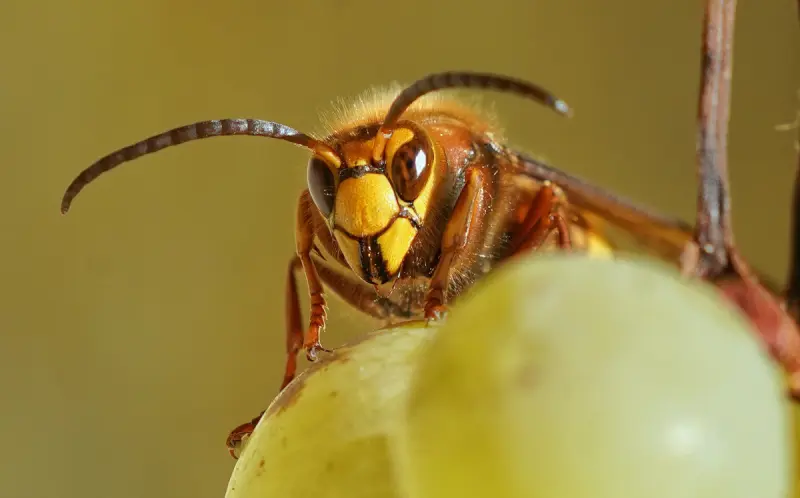What diseases can result from having pests in the food business? Pest Control Hampshire offer pest removal for customers in Portsmouth, Surrey and Hampshire. Find out more about why pests are a food safety hazard and food business regulation and procedure.
Why Are Pests A Food Safety Hazard?
It's simple to comprehend how pests can cause major difficulties for firms in the food and catering industries. Pests can get inside food packaging and contaminate it, making the food inside unusable and harming your company's operations.
Pests can transmit illnesses by their fur, feet, droppings, urine, saliva, and if they are carrying it, deadly pathogens like salmonella and E. coli. Those who eat the contaminated food will inevitably become ill and get food poisoning as a result.
The welfare of your clients and staff, as well as your reputation, are in danger when you have a pest infestation. Many common pests can enter your company's facilities after being attracted by the prospect of food. Rats, mice, birds, and insects are the four primary types of food pests that fall under this category.
Birds like pigeons, sparrows, and starlings, as well as insects like ants, cockroaches, flies, and mites, may all be pests in their own right. The ideal habitat for pests is a site where there is easy access to food and shelter, which makes supermarkets and eateries ideal locations.
Pest control legislation standards may be unclear to restaurants and food retailers. According to the common opinion, it is the obligation of the companies to make sure that the layout, design, structure, and size of their facilities are favourable to efficient hygiene practices.
The responsibility for ensuring that businesses implement enough pest control practices rests on the owner. However, only qualified individuals should use available products. It is advised to sign a contract with a pest control business since pesticides and baits might contaminate food.

Common Food Pests:
Rodents
You have to pay for pest problems. Your business's reputation will suffer and you run the danger of losing money if customers know you have a pest problem. You must take all necessary precautions to prevent pests from entering your building.
The regulation requires food businesses to demonstrate that they have taken all necessary precautions to keep pests out of storage and processing areas for food. Pests' dead bodies, nesting materials, excrement, and pathogens can contaminate your meals. Rats and mice are not only a huge health risk, but they may also significantly damage a building's equipment and structure.
It is generally known that rats and mice may contain deadly pathogens and viruses including Salmonella, E. Coli, and Cryptosporidium as well as fleas, mites, and ticks. Cryptosporidium, Weil's disease or leptospirosis can be acquired via rat urine that has contaminated food and food packaging. This can present a range of symptoms, from a straightforward case of the flu to jaundice and renal failure, and, in extreme cases, even end in death.
Cockroaches
Cockroaches will consume everything, and they carry bacteria that can cause food poisoning. They have the ability to spread illnesses including polio, typhoid, and dysentery. They like warm, moist environments and dislike light, therefore they are most active at night.
The German cockroach, which is the most prevalent in the UK, has a musty, almond-like odour in large numbers. With two darker stripes on the body below the head, it is yellowish brown in colour. It measures 10 to 15 centimetres in length and climbs up walls. The cockroaches in Asia are bigger and darker.

Birds
Bacteria like Salmonella and Campylobacter can be carried by birds. When they eat or excrete, contamination may happen.
Food products can get contaminated by mites carried by birds or downy feathers from their wings. Building structures can suffer harm from nesting birds.
Flies
When a fly falls on food, tools, or a work surface, contamination results. Flies transfer pathogens that cause cholera, typhoid, and salmonella as well as parasitic worms.
These are transported on their body hair, in their faeces, and on the pads of their feet. When feeding, they can also contaminate through their saliva.
Stored Product Insects
Even though they are not considered to be a major cause of food poisoning, stored product insects (SPI) include pests that can contaminate or ruin food.
These pests, which include silverfish, beetles, flour weevils, and moths, should be managed in the same way as you would any other pest.

Wasps
It may be challenging to locate the nest and eradicate the issue because wasps travel great distances to get their needs. They have germs on their legs that, when they have contact with food, can contaminate it.
Wasps can also pose a physical risk to anybody working in the food industry, but they are most dangerous in bakeries, industries that prepare fruit, outdoor food locations, and places with exposed or open food.
Ants
The pharaoh ant spreads illnesses, although common garden ants are an annoyance since they can sneak into food and contaminate it.
Due to their demand for temperatures between 18 and 30 degrees Celsius, pharaoh ants are connected to central heating systems. They have caused issues in some hospitals and can travel through structures in ducts to areas utilised for food processing and sterile environments.
Domestic Pets
Dogs and other pets can send bacteria like Salmonella and Campylobacter. Dogs, cats, birds, and any other household pets should be kept away from the area where you produce food.
After handling pets and before handling food, wash your hands. Pet food has to be marked and separated from other food that you and your customers are supposed to eat.

Pests and Food Safety
Pests are likely to contaminate and damage food if they are present in your food preparation area. This can result in your facilities being closed under a Hygiene Emergency Prohibition Notice. It is your duty as the owner of a food business to make the necessary preparations to ward off pests.
The structure, design, construction, and scale of businesses' food-related facilities must, per the legislation, facilitate adequate food hygiene procedures, including precautions against external sources of contamination like pests.
The legislation also stipulates that suitable measures be in place to ensure pests are handled. Although setting up a pest management contract is a good idea, you, as the owner of the food business, are responsible for any pest issues.
The available baits can contaminate food and should not be used in food enterprises. However, you should inspect the property for signs of pest presence. Leave the placement of baits and poisons to the experts.
Domestic animals are regarded as pests in the food industry and should be kept out of places where food is prepared and served, even if your favourite pet is well-trained. It's critical to recognise pests early on if you think you could have a problem with them; this entails checking your property.
Close the company until all areas used for food preparation, storage, and service have been rid of pests. If you don't already have a pest control contract in place, call one to establish one.
Besides reporting the problem to pest control, remove and dispose of anything that may have been contaminated by bugs. Clean and disinfect any equipment and surfaces, including the floor. Store all food in airtight containers off the ground where pests cannot get them.
Clear the area of any mouse droppings, cockroach carcasses, and cockroach egg casings. Seal off any openings on the property that may give rats access using a tough, gnaw-resistant substance. To keep pests from accessing water, fix leaky taps, cover the toilet, and seal any tiny cracks that may be home to cockroaches.
Food Business Regulation and Procedure
The proprietor of the firm is in charge of seeing that the necessary precautions are taken to keep pests out of the building.
To achieve food hygiene regulations, food facilities' size, shape, design, and layout all matter. Inadequate pest management methods can result in the pollution of raw materials, lost profits, employee losses, penalties, and a decline in public confidence.
Are you looking for commercial pest control services in Portsmouth, Southampton, Basingstoke And Hampshire?
Pest Control Hampshire are pest control specialists working throughout Portsmouth, Southampton, Basingstoke And Hampshire. Contact us for pest control Hampshire.
Follow the links below to find a pest control specialist to help resolve your pest infestation.

